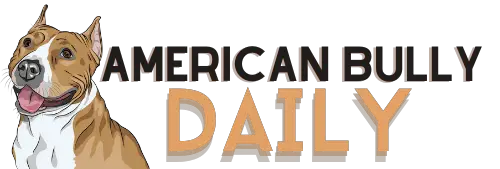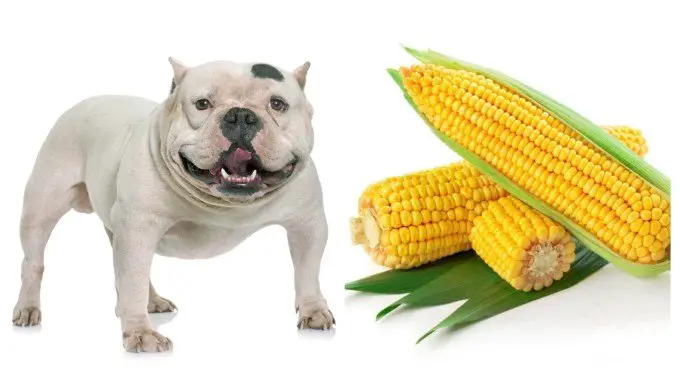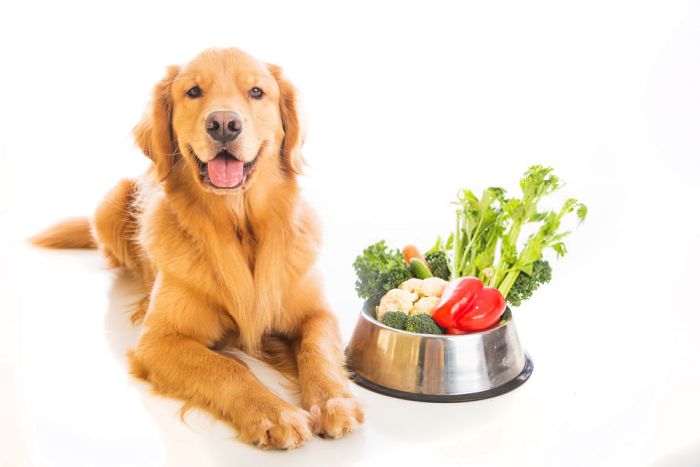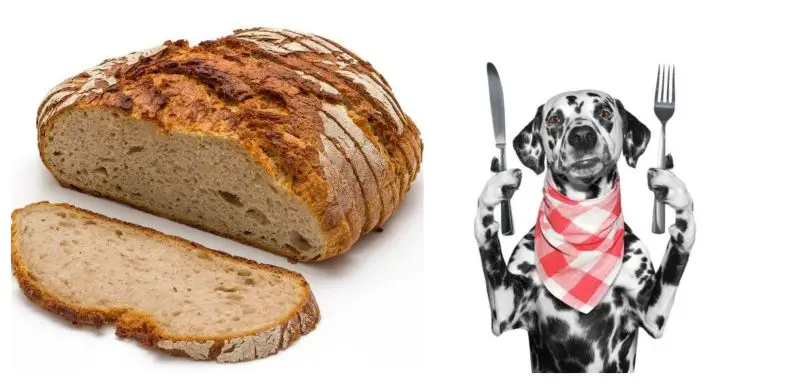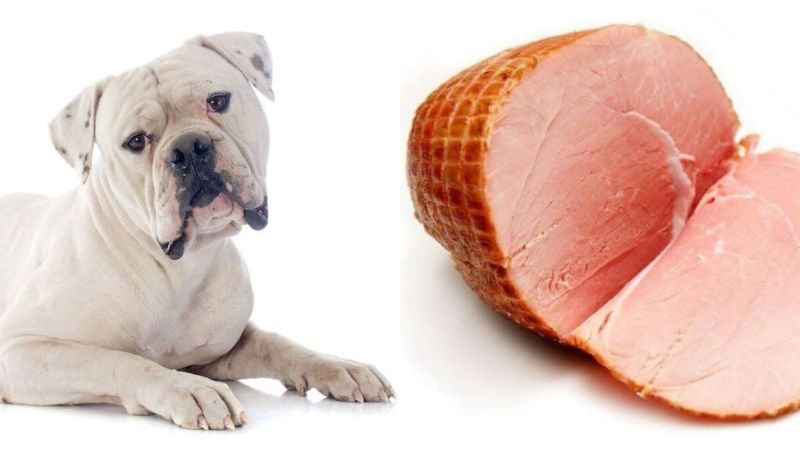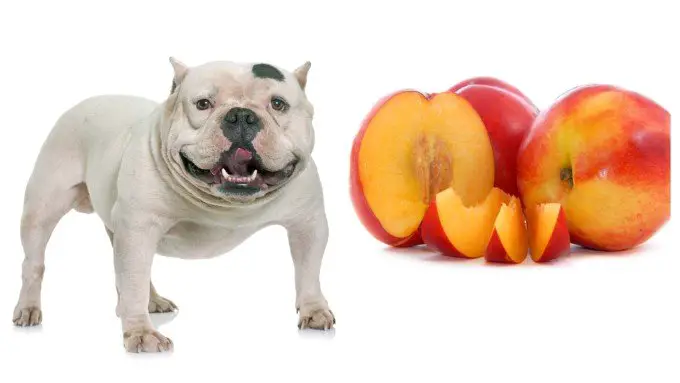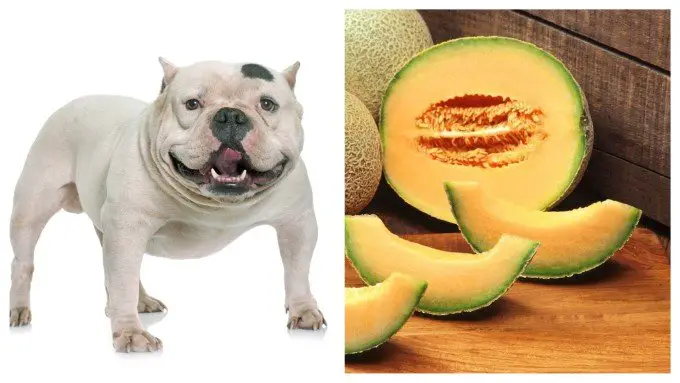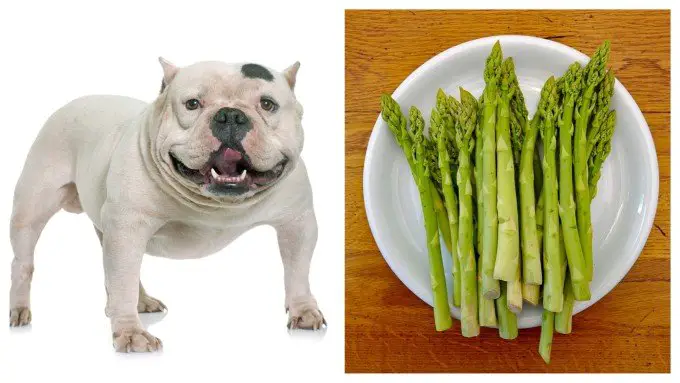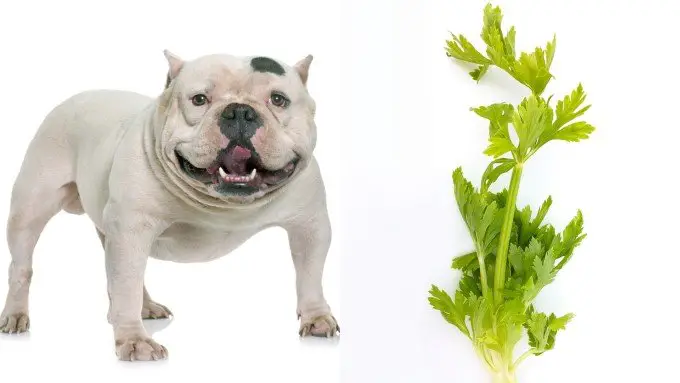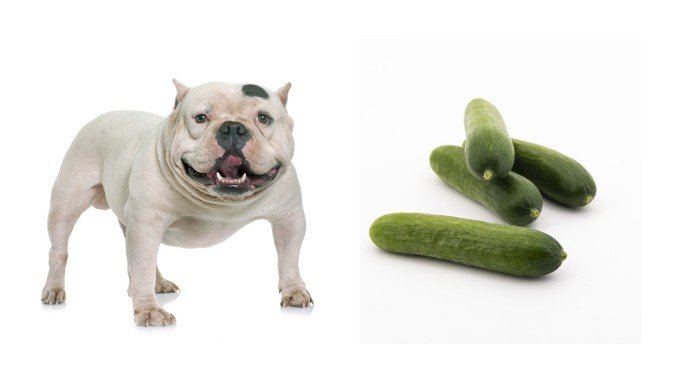Who doesn’t love corns? It’s one of the very few vegetables that actually taste good. If you’re a picky eater, you’d probably not even know that corn is considered to be vegetables because of their delicious tastes. But believe it or not, corns are vegetables! What’s also great is that when you get to eat it, you benefit from the nutrients it has, as well.
Also, who doesn’t love the classic popcorns? Maybe you eat popcorns as a snack or eat it while watching the movies. But have you ever encountered your dog wants to have the taste of this snack as well? But since due to its kernel’s small size, you think to yourself if your pup’s digestive system can break this down. Some owners are also afraid to give it to their dogs because of their small size, as it can be a choking hazard.
So now, we answer all of your questions – can dogs eat corn?
What Are Corns?
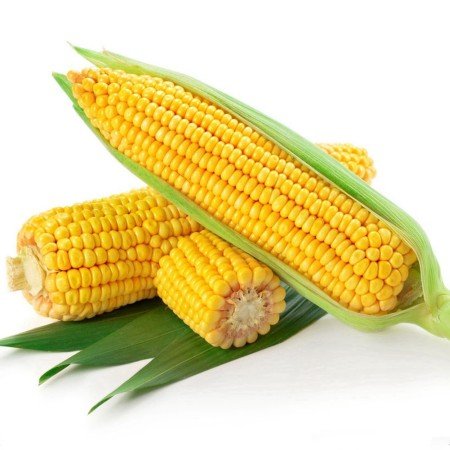
Whoever said that corn is a vegetable or a fruit is wrong in some way. What really are corns, then? The corn kernels that we know come from whole corn. Corn is considered to be whole when these are on corn cobs. On the other hand, corn kernel is supposed to be a grain. Make sure to read our post about the best dog food for Pitbulls.
Basically, whole corn is a vegetable that originated in the Americas. It’s actually one of the most popular root crops grown all over the world. However, in some parts of the globe, corn is commonly known as maize.
Types of corn
There are three different kinds of corn that you should know about., You have probably either seen one or eaten a corn variant but didn’t know what exactly it is about. The three types of corn are sweet corn, field or dent corn, and Indian or flint corn.
- Sweet corn – This type of corn is the ones you most commonly see in the supermarket or in your local farmer’s market. It’s the mostly known corn that has also different variations all over the world.
- Field corn – This is also known as dent corn. It’s basically used to feed to cattle and other livestock. This is not for human consumption. Instead, it’s used to forage for farm animals and some industrial needs.
- Indian corn – This is commonly known as flint corn. It’s the corn you usually see that are used as decorations. It’s fit to become food decors since it comes in many colors. Indian corns frequent the dining tables during Thanksgiving. A specific variety of this corn is also used to make popcorn.
Since there are three types of corn, you should be wary about which type you can serve your dog. Generally, sweet corn is the common one, and it’s usually available in the market, and there are canned sweet corns, too. Canned sweet corn will also work for your dog as long as it’s given in the proper amount. You cannot serve your pooch field corn and Indian corn since their bodies cannot digest these two variations.
Nutritional Benefits of Corn for Dogs
Like any other vegetables out there, corns have its vitamins and minerals dogs can benefit from. Here are some of the vitamins your dog can get from eating corn.
- Protein – This is an essential vitamin that can help boost your dog’s overall growth. It’s also essential in a balanced and healthy dog diet. It’s needed in building and repairing your pup’s muscles and other tissues of their bodies. Protein is necessary to form new skin cells, boost hair growth, and build muscle tissue. It also helps to control and regulate your dog’s body. Protein is also needed in keeping your pup’s immune system healthy so that it could fight off possible bacterias and infections in the long run.
- Carbohydrates – This nutrient is critical for your pup’s energy sources. Foods with high carbohydrate content are where they get their energy primarily. Carbohydrates can provide your pup energy once the other nutrients metabolize it in their body. Aside from that, it is also used as building blocks for other nutrients that their body will also need.
- Linoleic Acid – Linoleic acid is one of the essential fatty acids or EFA. It is a part of the omega-6 acids. This group of acid aims to strengthen your dog’s cell membrane structure and cellular function. This is needed for their healthy growth, reproduction, immune function, having a healthy coat and skin.
- Antioxidants – Antioxidants are very much crucial in dogs just as they are in humans. Basically, these function the same for you and your furry friend. Antioxidants can generally help your dog relieve any existing or pre-existing skin infections that he might have gotten from food reactions. It’s also beneficial for puppies who have not yet been vaccinated to improve their immune system function.
- Fiber – It’s commonly mistaken and used interchangeably with carbohydrates, but it’s a lot different. You need to incorporate fiber in your dog’s diet as much as you do with carbohydrates. It helps promote proper digestion as it is being fermented into good bacteria inside your dog’s system. The good bacteria that are now residing in their intestine helps fight off the harmful bacteria present in your pup’s insides. This nutrient also helps in reducing the risk of colon cancer, as well as any digestive diseases such as diarrhea and constipation. Aside from all of these, fibers can also help manage your pup’s weight and improve any diabetes signs, especially in diabetic dogs.
Can My Dog Eat Corns on The Cob?
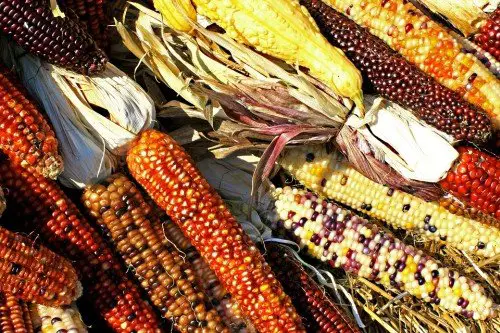
Everyone loves eating corns on the cob! Dogs aren’t an exclusion from this because they love it just as much as humans do. Dogs love to chew upon the cobs because of its salty and buttery taste. Not only that, they taste great, but dogs also find corns on the cob fun to eat on. It makes them feel like they are chewing on a dog bone of some sort, but it’s actually not. Some of them mistake the cobs as a chew toy instead of food, and this is what makes them dangerous for the pups.
To answer the question, yes, your dog can eat corn on the cob. But it’s better not to give the whole cob to them. It poses a choking risk for them. They are also not trained and oriented enough to let them know that the kernels should be removed on the cob to be eaten. They might chew in the whole cob or large pieces of it. When these are ingested, it can cause an intestinal blockage, which can be deadly for your pup. Although it can get away with some large dog breeds, it’s hard to remove it for the smaller and medium ones.
Therefore, it is recommended that you should only give corn kernels to the dogs and not the whole corn cob. Please keep it away from them at all costs! Even when you’ve thrown it in the trash already, your dog may scavenge it and treat it as his chew toy.
What to Do When My Dog Ate Corn on the cob?
This is one of the trickiest things you might have to troubleshoot as it poses a health emergency. If, for some instance, your veterinarian cannot be reached at the time of emergent need, you have to do first-aid procedures.
First, you have to recognize if they have ingested corn on the cob. Here are the symptoms that they might show:
- Vomiting
- Dry Heaves
- Diarrhea or straining
- Lack of appetite
- Painful abdomen
- Lethargy
- Panic or anxiety
- Weakness
- Depression
- Obvious signs of discomfort
When it comes to the first aid needs, don’t let your pup eat anything else. As much as possible, you have to get your dog to your nearest veterinarian.
Your vet may first order an x-ray examination so that he can access how far along the corn cob is in your dog’s system. Your vet will also perform a physical examination on your dog and may ask any medical histories.
The doctor shall then decide on what treatment your dog should receive. Often, your veterinarian will recommend waiting for the cob to be excreted naturally in his system. But, if there are some findings in the x-ray that there are obstructions along the way, the veterinarian and his team will need to go into your dog’s system and have to get it out manually. This will call a need for immediate surgery.
However, you can prevent your dog from eating corn cobs by disposing of it properly. It’s important to note that your dog can get into your garbage can, so it’s not sufficient that you throw it on the trash. You have to dispose of the corn cobs properly. If your dog is the one to rummage through your trash often, you can first wrap the corn cobs in plastic and then dispose of it after. You can also invest in dog-proof trash cans that has a locking lid to avoid your dog from getting inside your trash can.
Related:
Why is Corn Bad for Dogs?
If you’re a long-time dog owner, you might have heard that corns are just “fillers” for dog food products. However, this is not precisely true. Corn gained its lousy reputation as a food for dogs because of this issue. Aside from that, corn is considered to be bad for a dog as it poses choking hazards. May these be eaten in corn kernels or as corn on the cob. Corns also have a reputation for being a source of a lot of allergies.
Why is Corn Good for Dogs?
Ultimately, corn is good for dogs. Why? Because it contains nutritional needs that your dog also needs in their system. Aside from that, there are a lot of other benefits. For one, it’s a good source of carbohydrates that can easily be digested as soon as they are ingested in your pup’s body. Corn also contains the needed fatty acids for your dog’s skin and coat to be healthy. It gives your dog natural antioxidants such as beta-carotene, vitamin E and lutein. Aside from that, it contains quality proteins that can be used for your dog’s muscle and tissue growth.
When it comes to the allergies that dogs may get from corn, they are not one-hundred percent prone to getting allergies as soon as they eat it. It’s important to clarify that corn is not a hot grain for dogs. The term “hot grain” pertains to anything that causes gastrointestinal problems in dogs. However, contrary to popular belief, this should not be the case. Specific studies even prove that corn causes fewer allergies in dogs than other foods such as beef and dairy products.
Overall, it’s not wrong to give your dog corn as a part of their meal. In fact, it will bring them a lot of benefits.
Can Dogs Eat Sweet corn and Corn kernels?
Since it has been established earlier that dogs can very much eat corn, but they have to stay away from cobs, the next questions are if they could eat sweet corn. Everyone absolutely loves sweet corn and corn kernels! Especially dogs. What makes you think that they will pass off the chance to have a taste of this delicious treat? Of course not! But, of course, you have to make sure if it’s perfectly safe to give your dog corn kernels before anything else.
Yes, dogs can eat sweet corn. But as much as possible, limit their intake to very few of it. Sweet corn contains a lot more starches than other variants of corn. Your dog may even find it a bit harder to digest this. But aside from all of these, sweet corn is non-toxic. It won’t do any harm to your dog unless they have corn allergies or any intolerance. It’s perfectly safe for your pet to eat corn as an occasional treat or snack.
With this, it’s also safe for dogs to eat corn kernels. These are very much advisable than giving your dog corn cobs. However, it would be best if you kept in mind that small dogs can eat it directly and not chew it. In this way, corn kernels can prove to be a choking hazard for pups.
Possible Allergic Reactions to Corn Your Dog May Encounter
It’s also important to keep in mind that some dogs can have different reactions when it comes to corn. It doesn’t necessarily mean that once your dog ingests corn, it’s not as soon as possible that these reactions show up. Some of the possible reactions can develop later in life. These include the following symptoms:
- Itching in the skin and paws
- Red eyes
- Hair loss, which can often lead to patchy skin
- Abnormal eye discharge
- Sneezing
If your dog encounters serve allergic reactions, it’s best for you to bring your pup to your local veterinarian to have him checked immediately for any serious illnesses.
Tips on How to Serve Corn to Dogs
Here are some of the tips on how you can opt to serve corn to your dogs properly:
- Avoid serving buttered corn kernels or salted ones to avoid problems indigestion.
- Only allow your dog to eat minimal amounts of corn. If you’re unsure of the serving size, you should give your pooch; you can consult your veterinarian about it.
- If you’re serving corn to your dog for the first time, it’s best that you should monitor his intake for the first time for any allergies and abnormal reactions.
- You can serve corn kernels to your dog. Do not serve corn on the cob as it can pose choking hazards for your pup.
- You can serve frozen or fresh corn kernels to your dog.
Conclusion
Corn is one of the foods that you can give to your dog without any doubt. You can share this with your dog as much as you can, but you have to keep track on how much your pooch has already ingested. Although corn kernels are safe for your dog to eat, you shouldn’t let them eat corn on the cobs as it can lead to too serious matters such as obstruction of their digestive system.
Everything is good for your dog as long as it’s given and monitored in moderation. Aside from the nutritional benefits, your pup can get from corns, and you can also enjoy eating it with your dog, not having to worry if it will impact them the wrong way! As long as you’ll still the responsible dog owner you are, it’s perfectly fine to give any food your dog wants.
Yes, it would be best if you still were mindful of their health, but as long as you are sure that it will do them more good than harm, then you can let your pooch eat anything he wants to put in his mouth.
